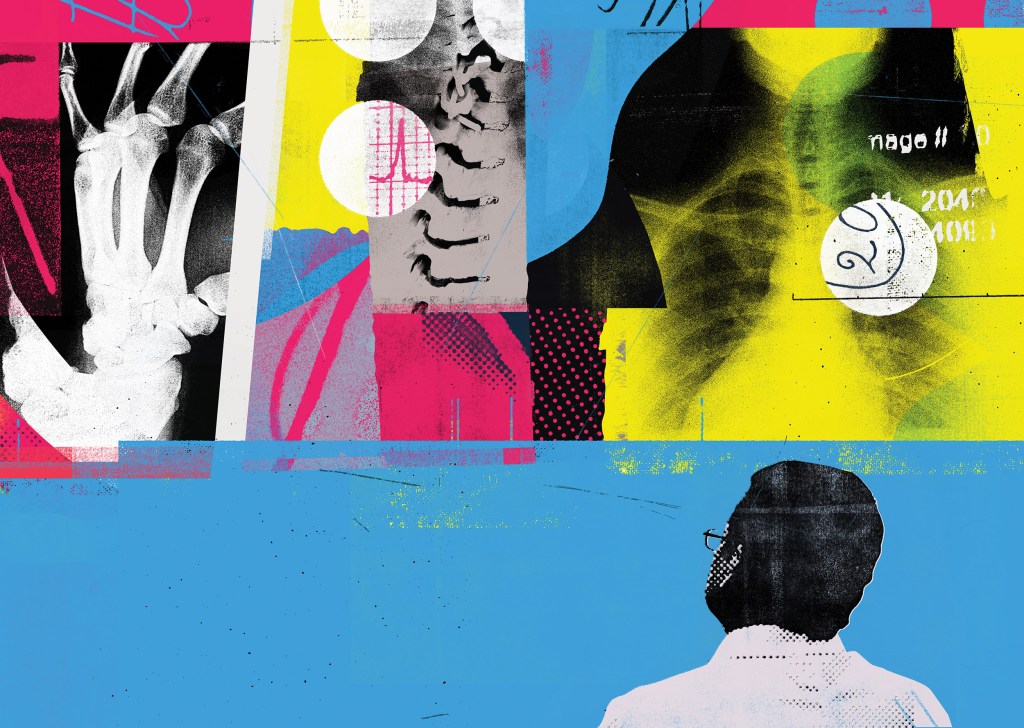Health
-

Corporatization of healthcare gets too much of a bad rap, analyst says
Healthcare analyst says outside investment can boost innovation, growth, care, but profit needs to be aligned with patient outcomes
-

Smart patch reduces cravings for alcohol and drugs
First year of recovery is ‘immensely challenging,’ researchers note. New device could be a difference maker.

-

Reeling in a big scientific discovery
William Kaelin pursued Nobel-winning findings using a fisherman’s instinct
Part of the Profiles of Progress series -
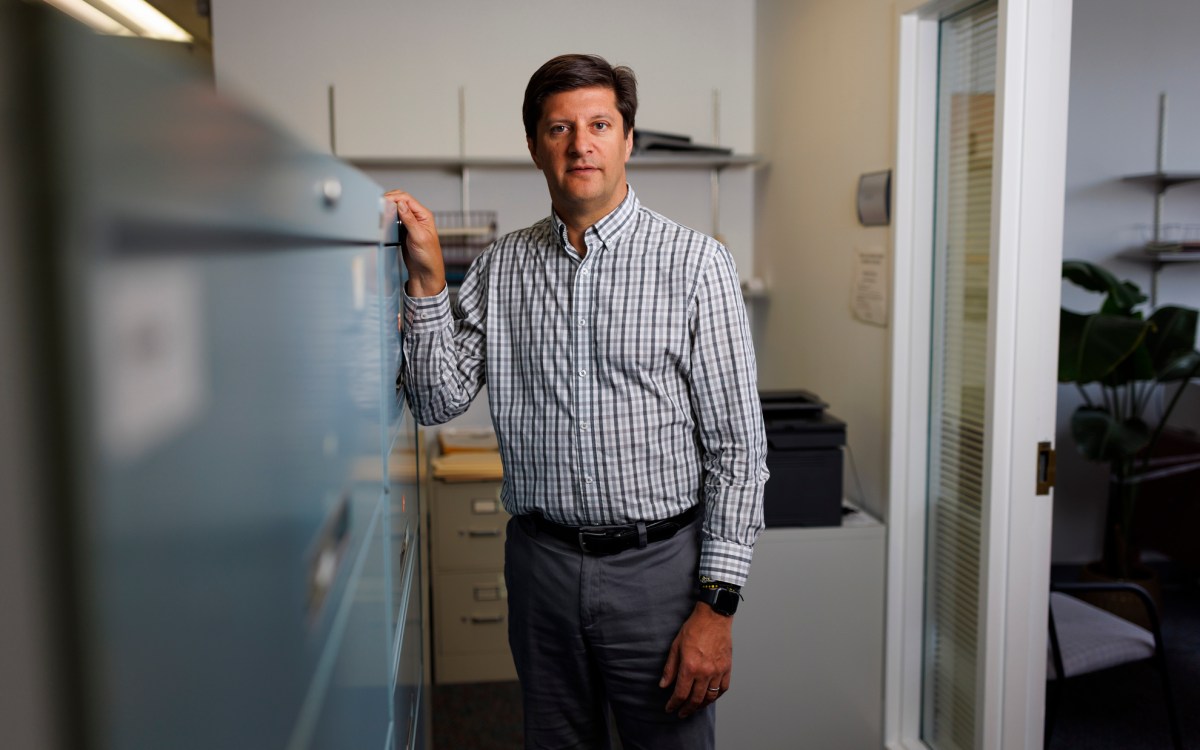
You want chocolate. You need flavanols.
Research strengthens evidence for role of inflammation in disease – especially as we age

-

Crossing line between good and bad anxiety
Psychologist offers 3 strategies to keep worry from interfering with everyday life
-
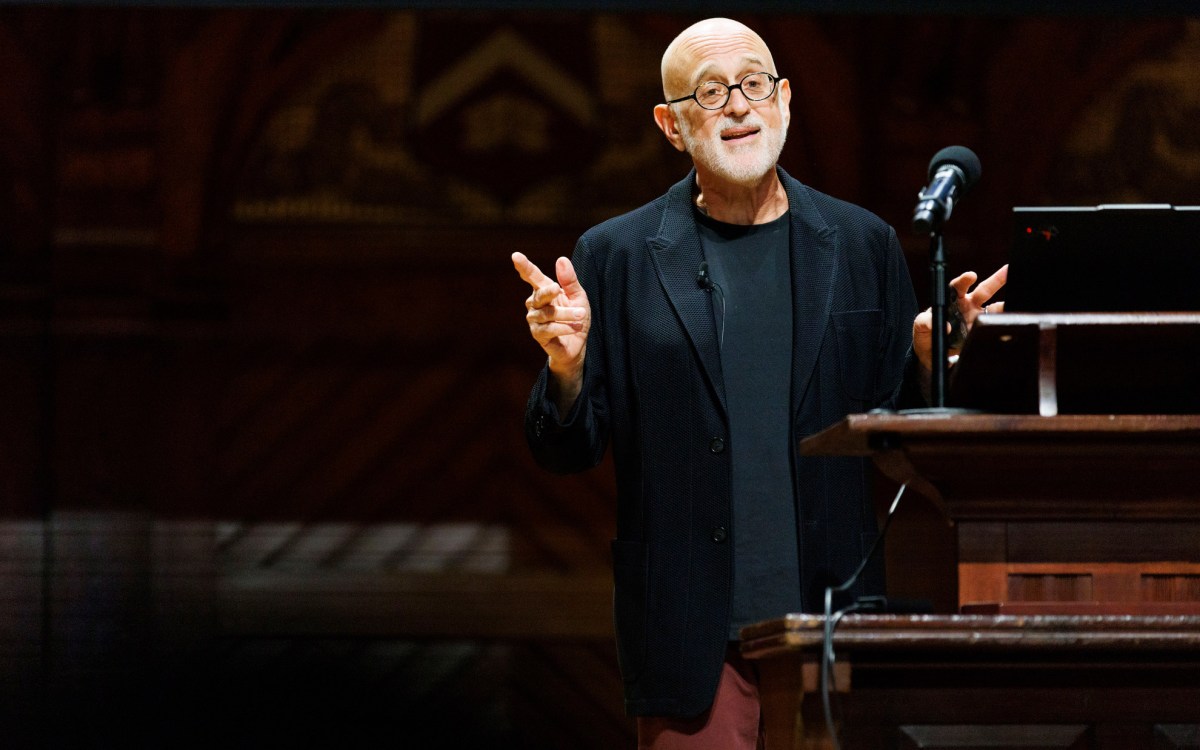
What science says about Mom’s happiness advice
Data, wisdom meet in social psychologist’s lecture
-
Alcohol is dangerous. So is ‘alcoholic.’
Researcher explains the human toll of language that makes addiction feel worse

-
How old is too old to run?
No such thing, specialist says — but when your body is trying to tell you something, listen
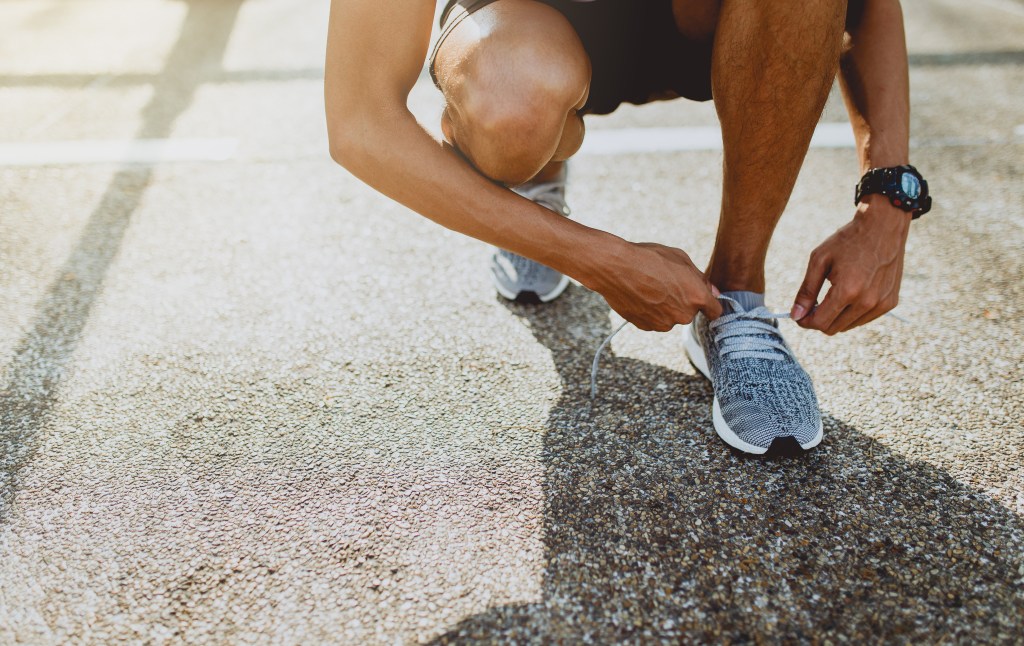
-
America’s graying. We need to change the way we think about age.
Experts say instead of disability, focus needs to shift to ability, health, with greater participation, economically and socially
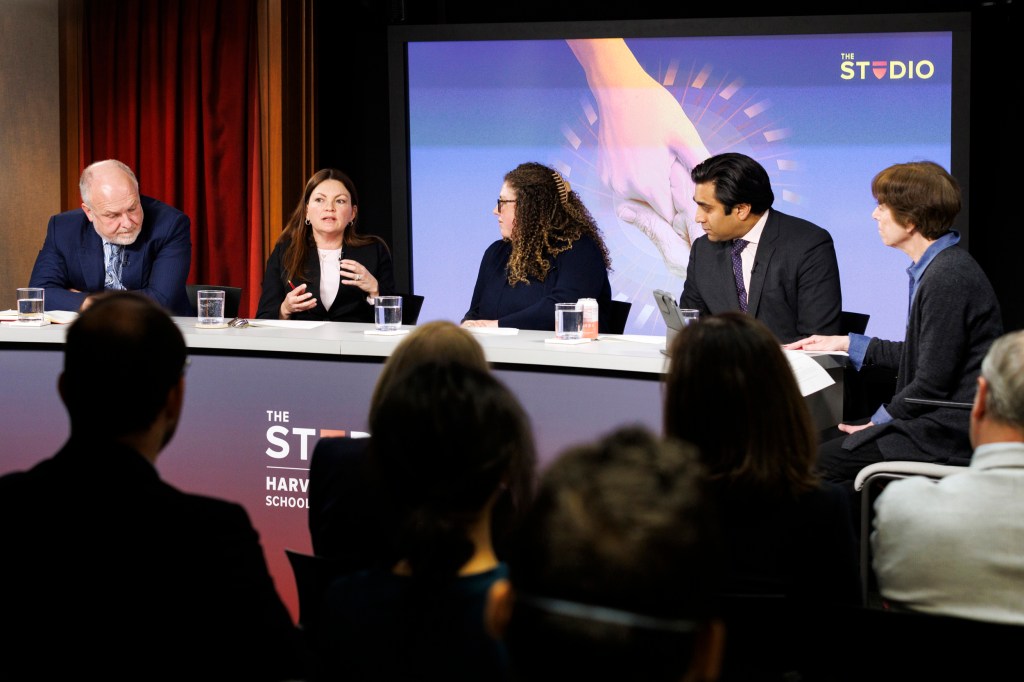
-
Can we talk?
Study finds that conversation – even online – could be an effective strategy to help prevent cognitive decline and dementia

-
Forgiving what you can’t forget
Wronged and can’t move on? A theologian, a psychologist, and a public health expert discuss why and how to heal.
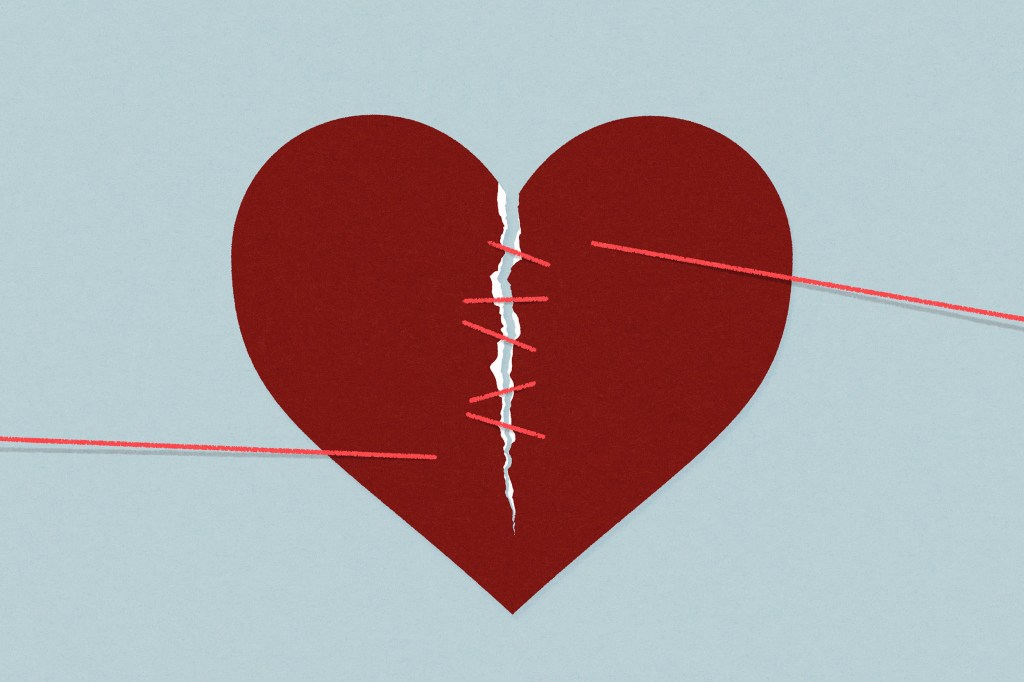
-
How to untangle ethics of psychedelics for therapeutic care
Experts from law, philosophy, spiritual care discuss issues surrounding research, safer use, kicking off University initiative
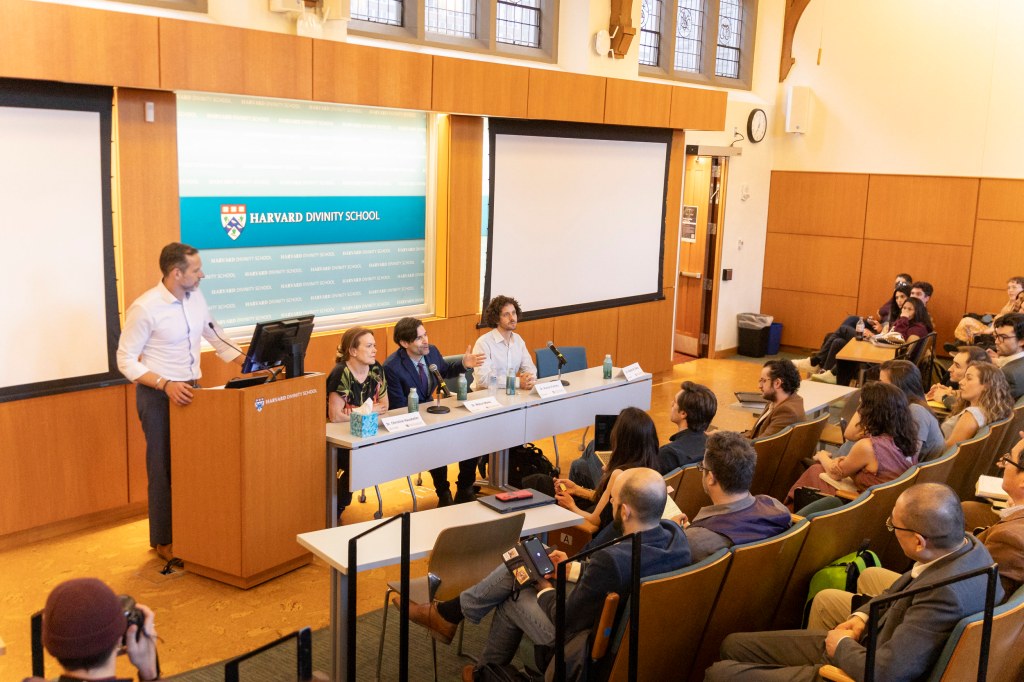
-
Exercise cuts heart disease risk in part by lowering stress, study finds
Benefits nearly double for people with depression
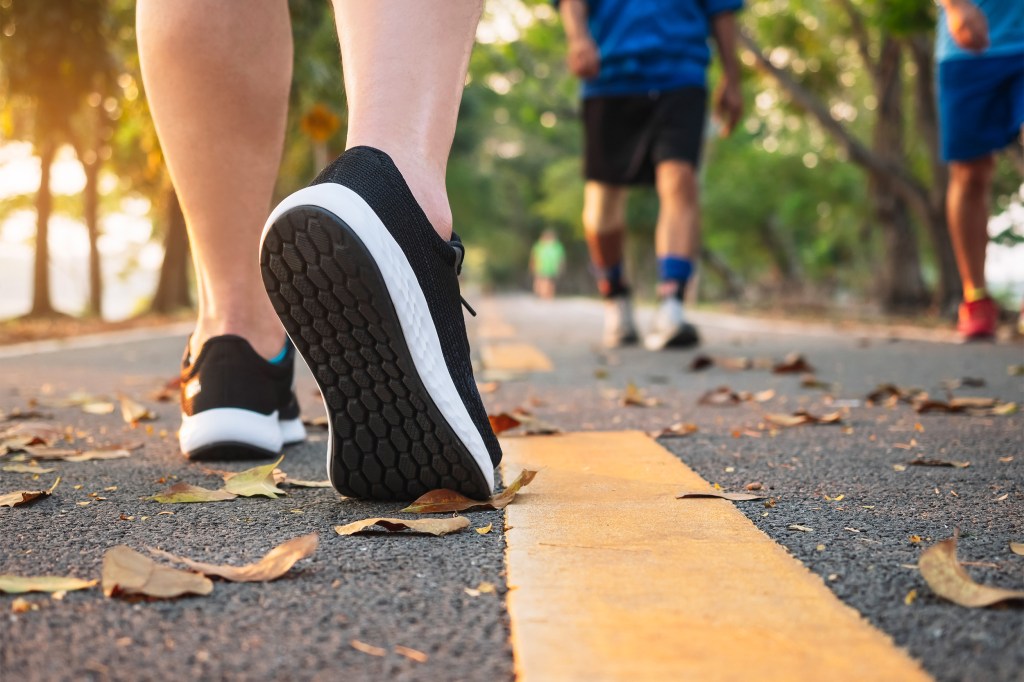
-
How to realize immense promise of gene editing
Nobel-winning CRISPR pioneer says approval of revolutionary sickle-cell therapy shows need for more efficient, less expensive process
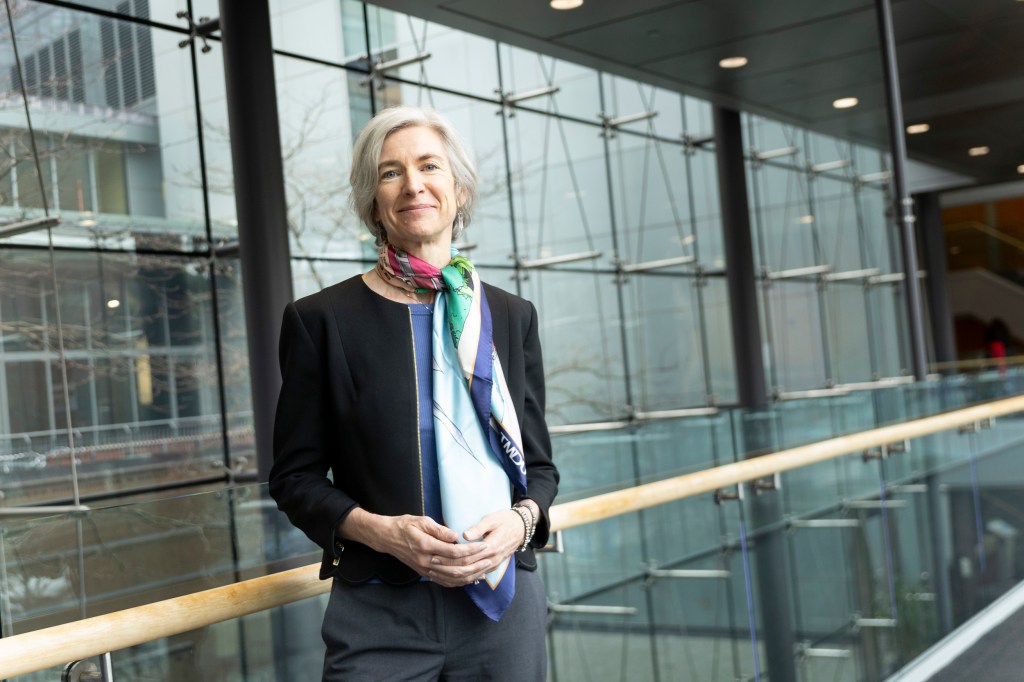
-
Women rarely die from heart problems, right? Ask Paula.
New book traces how medical establishment’s sexism, focus on men over centuries continues to endanger women’s health, lives
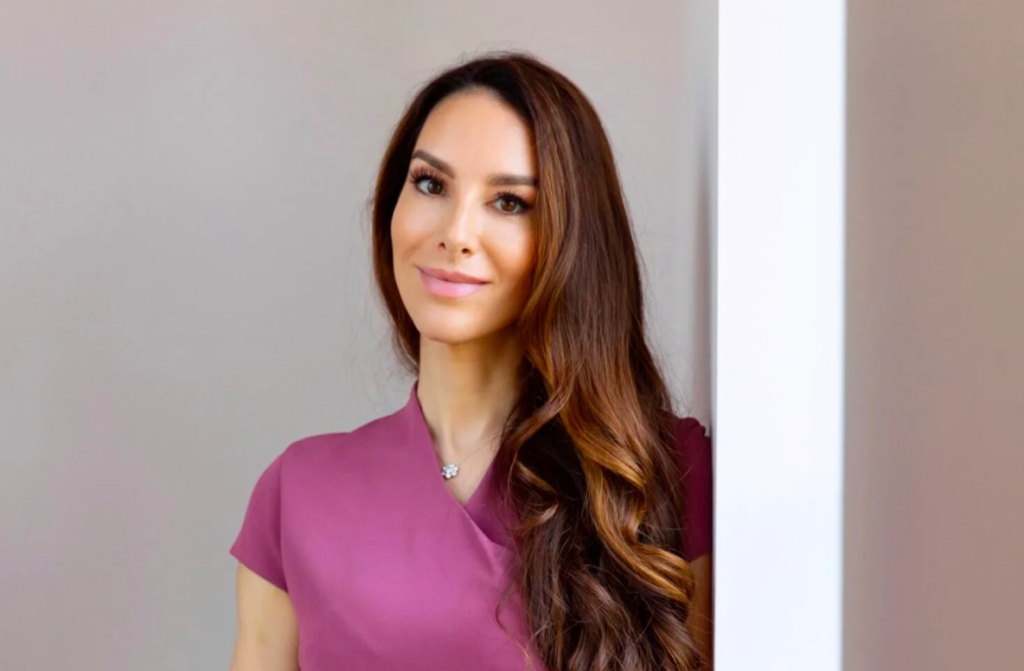
-
When will patients see personalized cancer vaccines?
Sooner than you may think, says researcher who recently won Sjöberg Prize for pioneering work in field

-
A molecular ‘warhead’ against disease
Approach attacks errant proteins at their roots
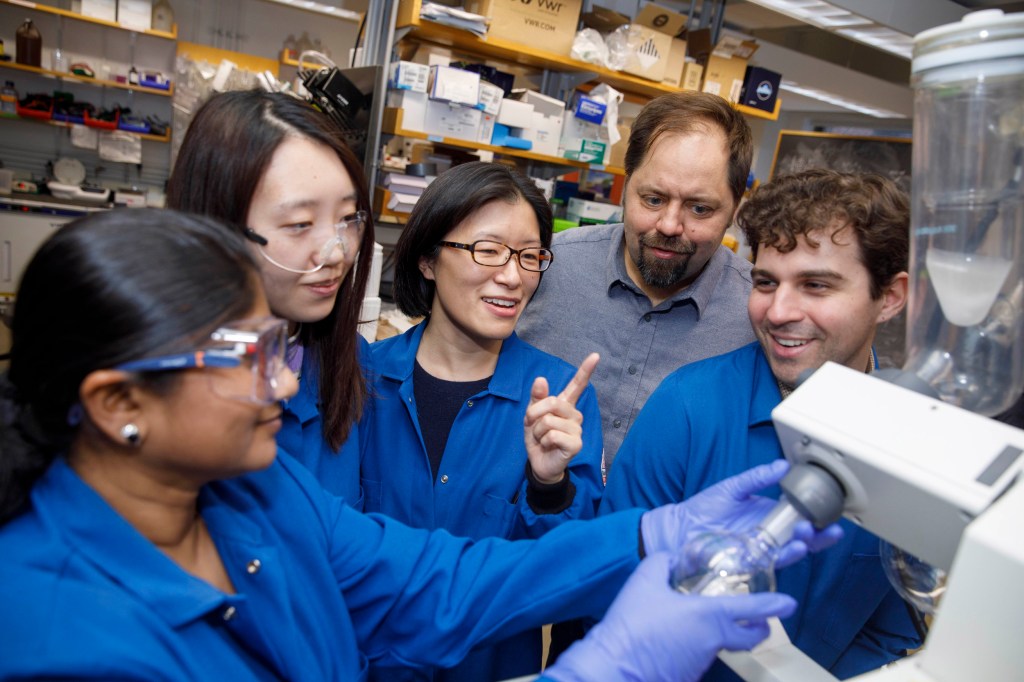
-
Asking the internet about birth control
Only a fraction of it will come from an expert, researchers say

-
Facing death with dignity
A chaplain, a bioethicist, and a doctor talk about end-of-life care
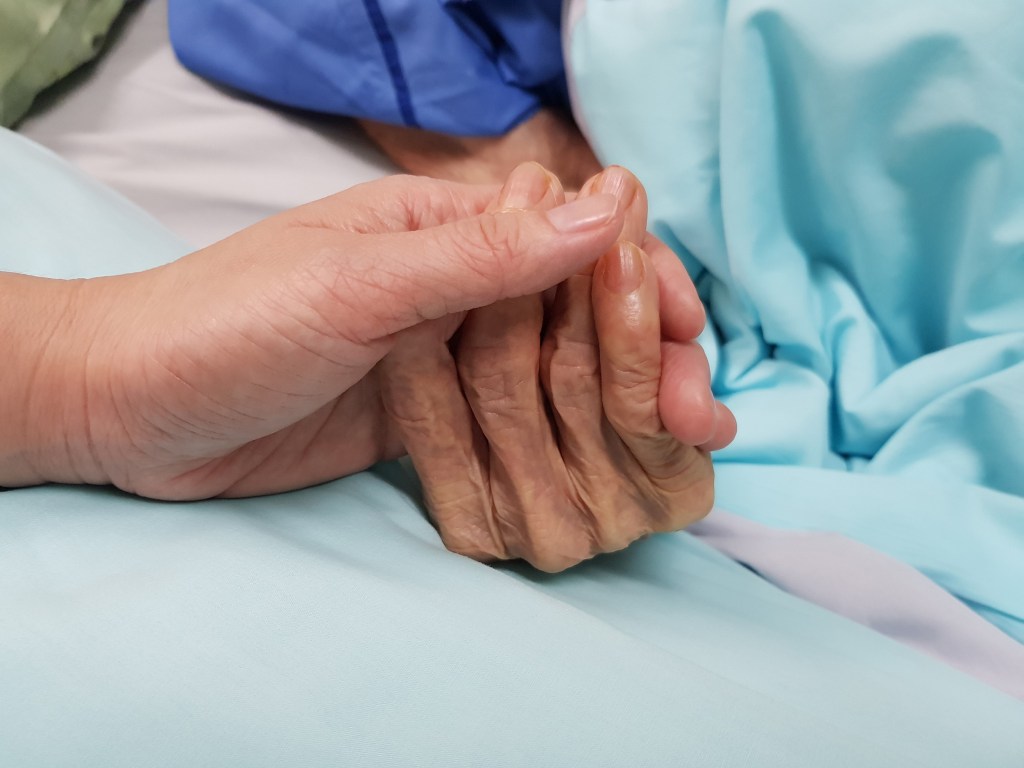
-
Novel teamwork, promising results for glioblastoma treatment
Researchers cite ‘academic medicine’ as key factor in success
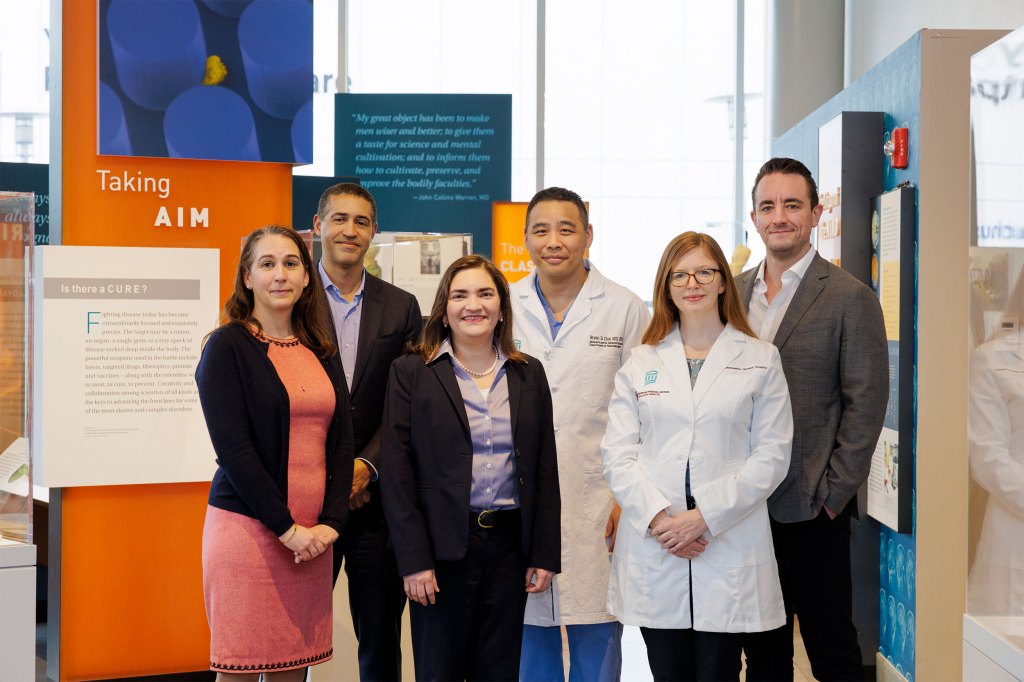
-
Study of 4.3M pregnant women clarifies safety of antiseizure meds
Using 20 years of data, prenatal exposure to topiramate may not increase children’s risk of autism spectrum disorder

-
Aspirin cuts liver fat in trial
10 percent reduction seen in small study of disease that affects up to a third of U.S. adults

-
Treat addiction with psychedelics?
Despite promise of success stories from patients in recovery, Law School panel cautions that research is lacking on benefits vs. risks

-
First-ever transplant of pig kidney to patient a success
Genetic editing improves compatibility, marks advance in organ shortage crisis

-
Parkinson’s warning in skin biopsy
Medical office procedure identifies key biomarker that may lead to more reliable diagnosis of neurodegenerative disorders
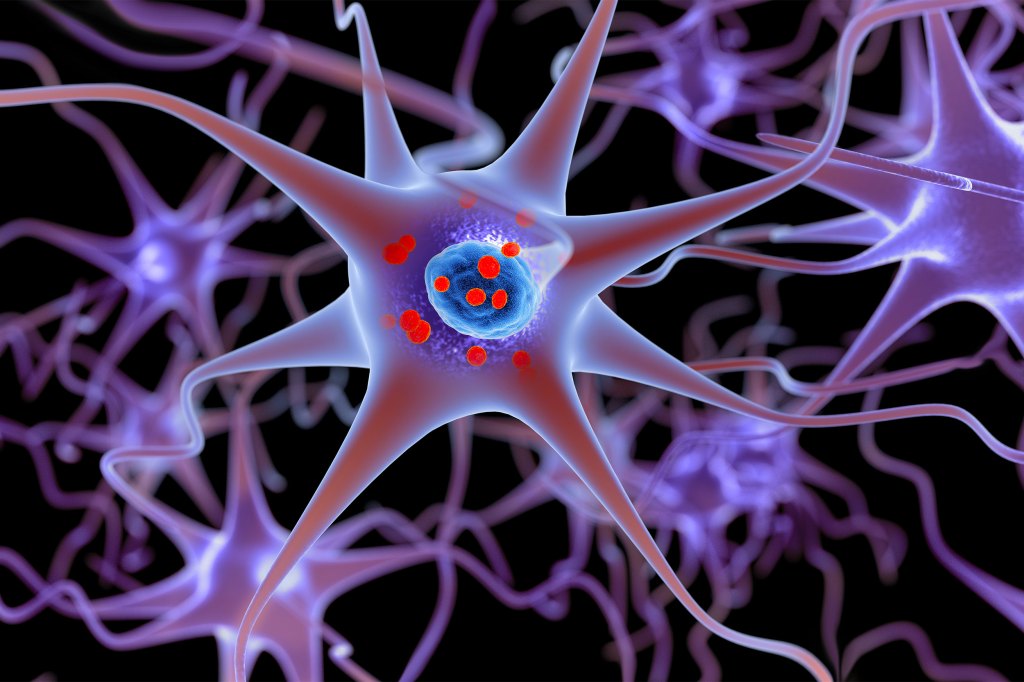
-
How the already anxious avoided global spike in COVID anxiety
Psychological tools learned by those in treatment proved protective in high-stress event, study finds
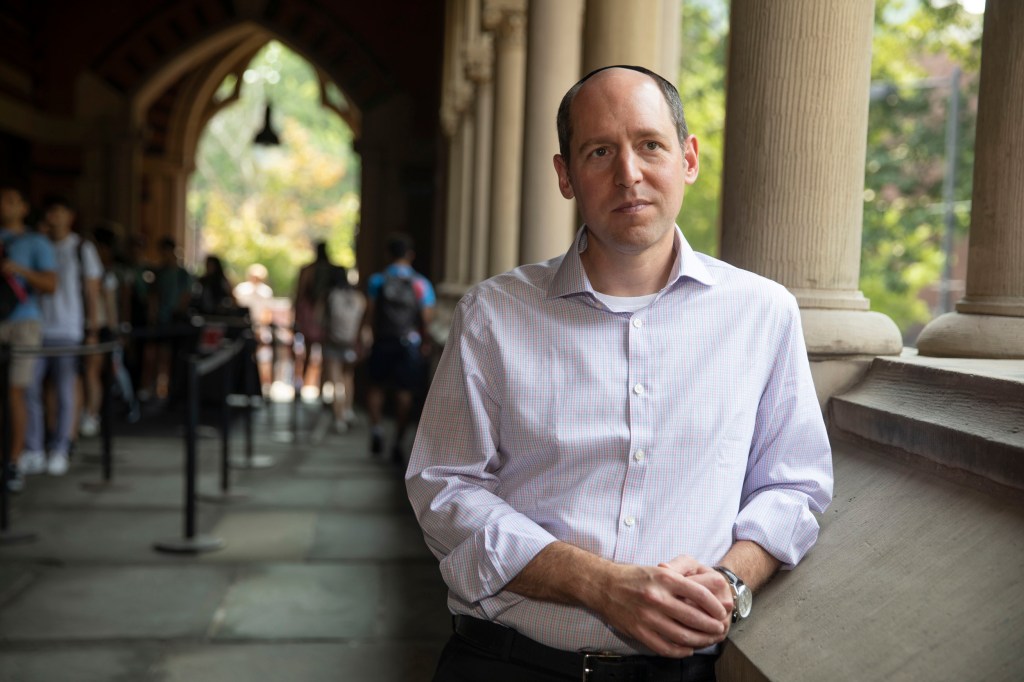
-
Losing fat is good, but losing muscle isn’t
Researchers call for makers of new anti-obesity drugs to study results of body composition in addition to weight loss.

-
The 20-minute workout
Pressed for time? You still have plenty of options.

-
‘Dramatic’ inroads against aggressive brain cancer
Cutting-edge therapy shrinks tumors in early glioblastoma trial
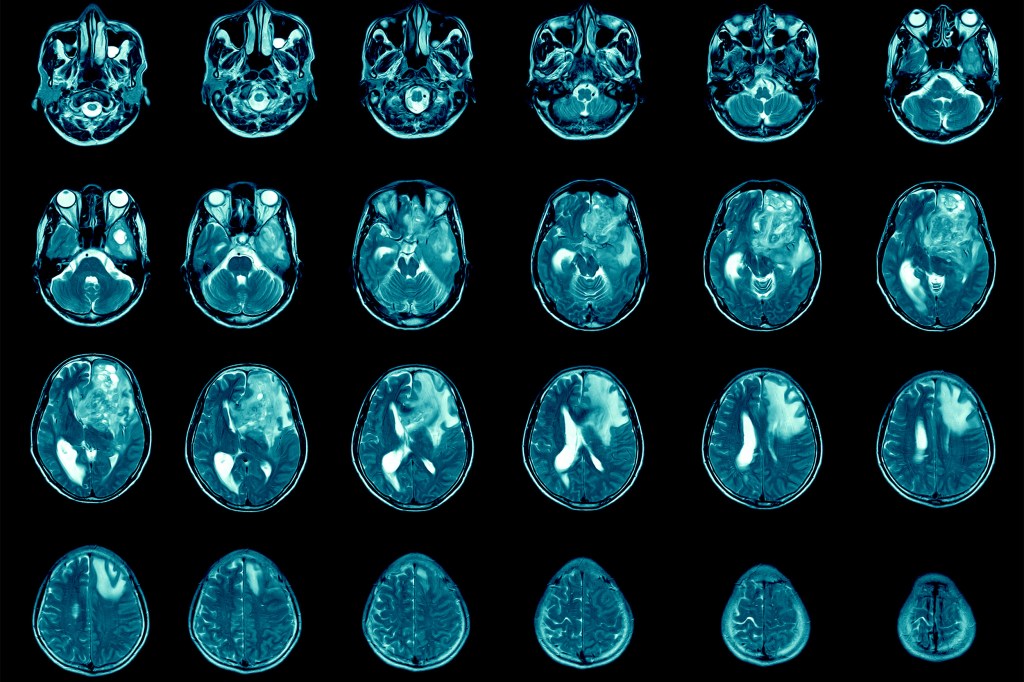
-
Menopause depression risk has been exaggerated
Some groups are more vulnerable but symptoms far from universal, review finds

-
Time to finally stop worrying about COVID?
Chan School’s William Hanage says CDC may have eased some recommendations, but vulnerable populations remain just that
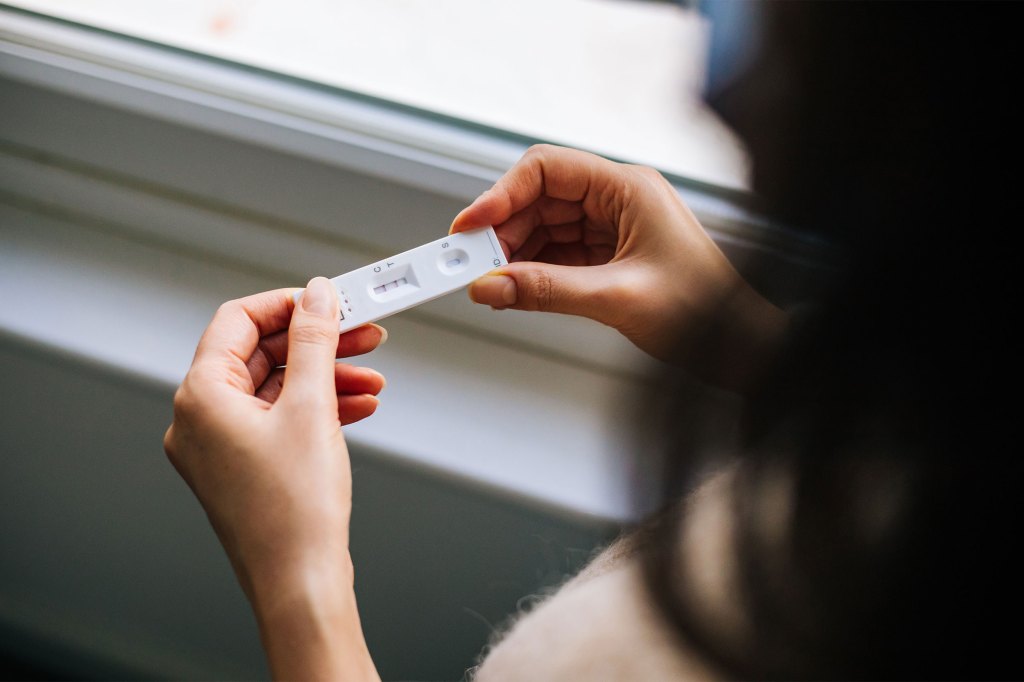
-
Despite prevalence, arthritis, neck and back pain receive few research dollars
Musculoskeletal diseases are the leading cause of years lived with disability
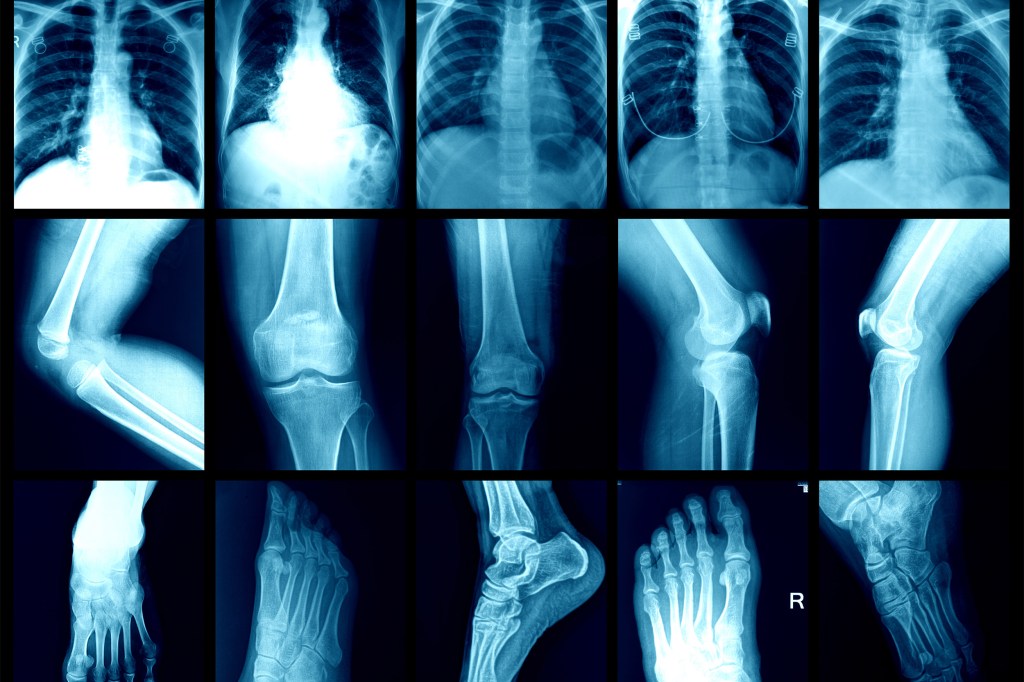
-
Potential link to an everyday food in cancer findings
Oleic acid, key component of olive oil, implicated in metastasis — but investigators emphasize the need for more clarity
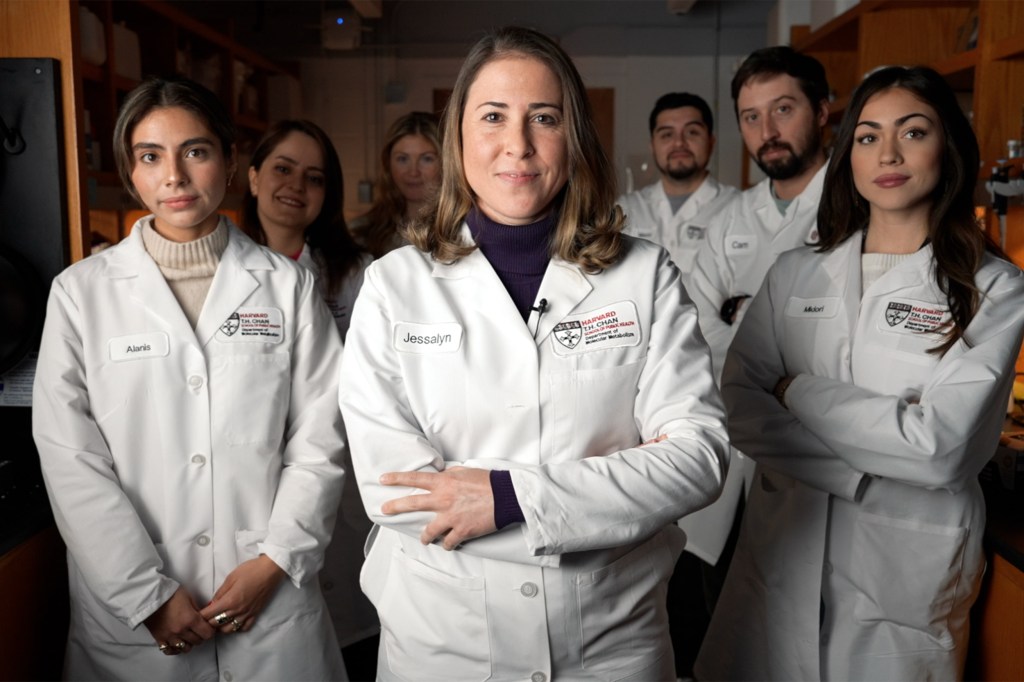
-
Finding flaws in superbugs’ armor
Harvard biochemists’ research paves the way for development of new antibiotics
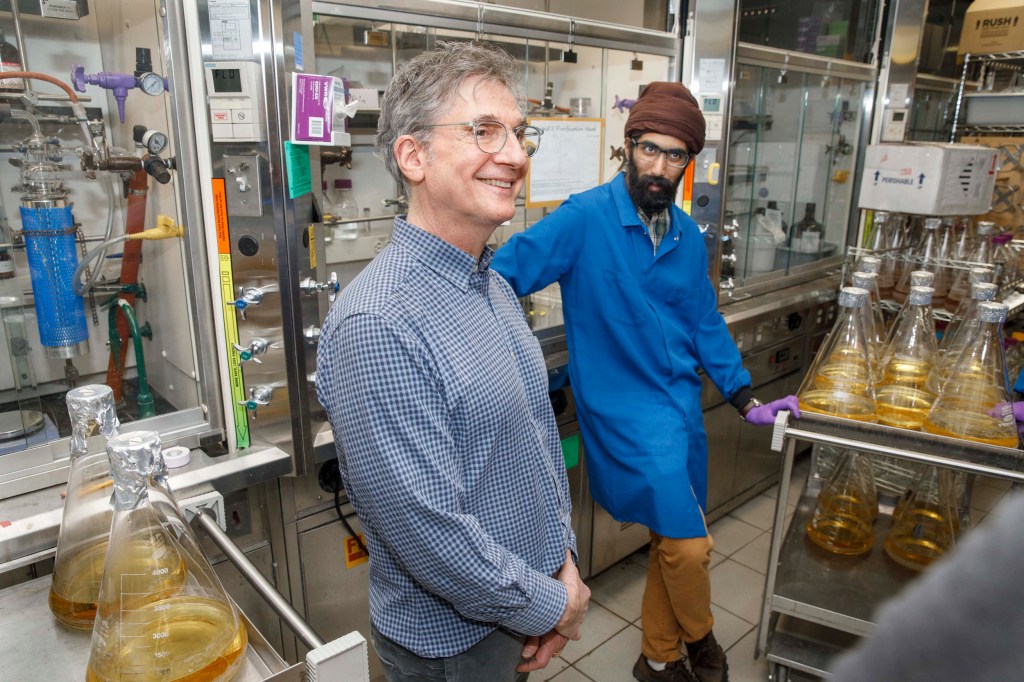
-
Her friends’ parents were dying of cancer. Then her mom got sick.
Childhood tragedy sparks Harvard researcher Jen Cruz’s quest to root out public health inequities

-
How to deliver very bad news
It’s hard to be a doctor. This is when it’s really hard.
